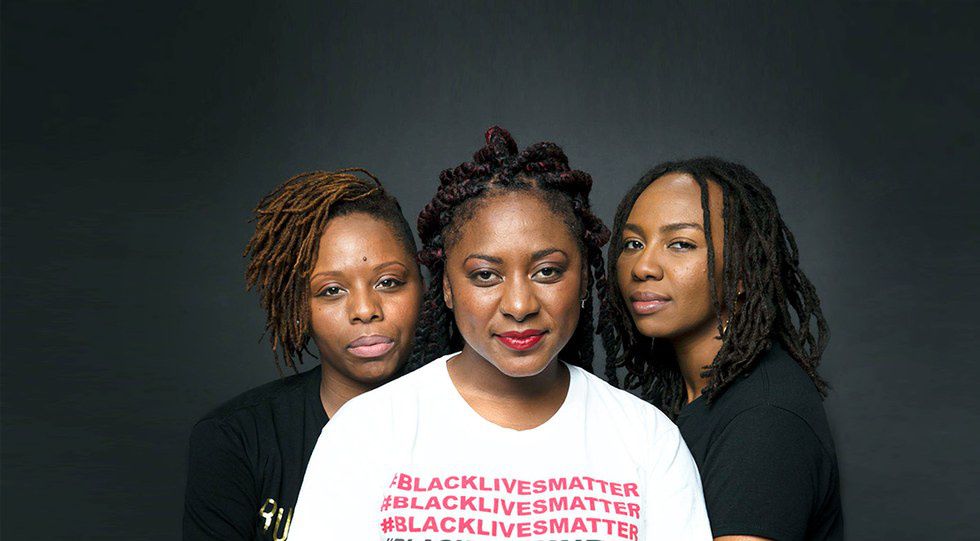On February 3, 2015, standing at the same podium Martin Luther King Jr. stood decades earlier, Reverend Kenneth Clarke spoke about the issue of black liberation and the Black Lives Matter movement to a crowd of approximately 750 people. At that moment, I had the stark realization that although it had been nearly 50 years since King himself spoke at Cornell, we are still addressing the same issues of structural racism and oppression today.
Soon after, President Garrett introduced Alicia Garza, Opal Tometi and Janaya Khan, co-founders of the Black Lives Matter movement. The panel discussion, moderated by Professor Eversley-Bradwell of Ithaca College, explored an array of topics, including the important fact that the Black Lives Matter is a movement that aims to promote love and acceptance, as opposed to the popular idea that it promotes violence. The topics of white supremacy, structural racism and revolution were also discussed, with an emphasis on challenging allies to remain actively engaged in the movement as it progresses, instead of actively disengaging.
I have always supported the Black Lives Matter movement because it is clear that black lives seem to be undervalued in our society (consider mass incarceration of blacks, police brutality targeted towards blacks, etc.). In an attempt to counter the movement, “All Lives Matter” is used; however, the emphasis is not (and should not be) on all lives in this moment, simply because black lives are specifically targeted, and therefore, it is not just to derail the movement. The problem is that many individuals willfully choose to remain ignorant about the fact that a problem exists; instead of acknowledging and addressing the issue, it is ignored, and nothing is changed.
Fortunately, there are revolutionary individuals, such as the founders of the Black Lives Matter movement, who seek to better the world. As touched on specifically by Khan, an individual does not need to wish he/she were born in the Civil Rights Era, for the time to make a change and actively stand up is now. I am thrilled not only to have had the opportunity to listen to the founders speak (and take a selfie with Janaya), but also to be part of a movement that seeks to unite individuals and challenge the system of structural racism and its many implications. It is truly my hope that 50 years from now, there will be a similar event in Sage Chapel with students similar to myself in attendance celebrating the abolishment of structural racism and white supremacy. The time to be a revolutionary is now.




















